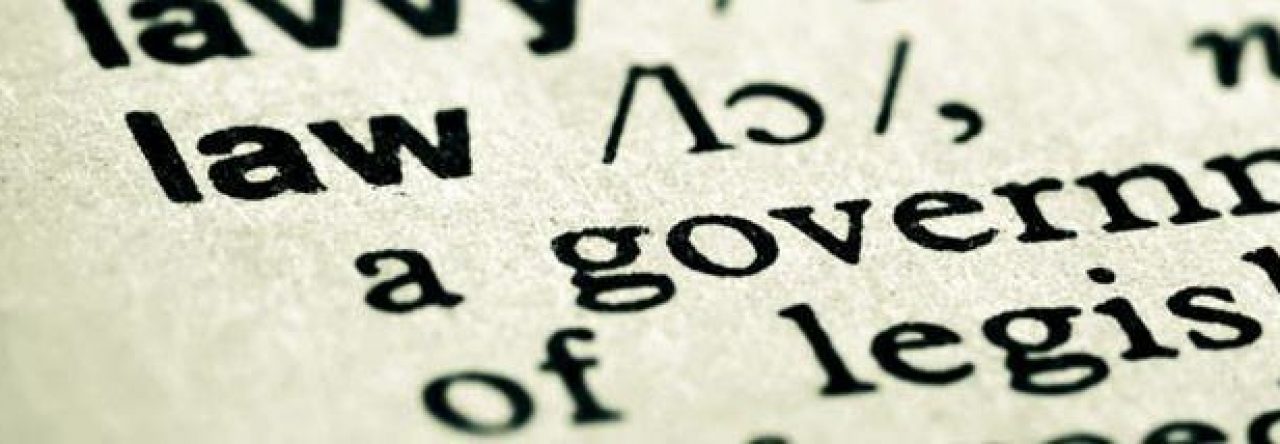Parties to a legal dispute may believe they understand each other’s legalese or the legal ‘etiquette’ applicable. When really they don’t. This may happen when a party from a civil law jurisdiction sets foot in a common law environment, or vice versa. In international arbitration proceedings, for example.
Apparently the High Court of Singapore had to decide a case just like this.

The (Possible) Real-Life Example
I’m talking about Triulzi Cesare SRL v Xinyi Group (Glass) Co Ltd [2014] SGHC 220. If you don’t want to read the decision, the case, as far as relevant here, went as follows.
The plaintiff was Triulzi Cesare SRL (‘Triulzi’), a company incorporated in the civil law jurisdiction of Italy. It applied to the High Court to set aside an arbitral award issued against it. Triulzi argued the award was in breach of the parties’ agreed arbitral procedure. It also argued the tribunal hadn’t afforded Triulzi a reasonable opportunity to be heard in respect of expert evidence.
The tribunal consisted of a single arbitrator from the common law jurisdiction of Singapore. What did the tribunal do to trigger such an application?
Can I Get a Witness?
At the outset of the arbitral proceedings the tribunal discussed and prepared the procedure together with the parties. For instance, the tribunal prepared a timetable for the submission of witness statements and declared it intended to follow the timeline strictly. The parties agreed.
Subsequently, both parties submitted their witness statements.
One of the witness statements filed by the defendant, Xinyi Group (Glass) Company Limited (‘Xinyi’), a company incorporated in the common law jurisdiction of Hong Kong, was an expert witness statement. Above all, it was an expert opinion on the specifications of the machines Triulzi had sold to Xinyi and the environment in which these machines were to operate.
Triulzi took the view this wasn’t what the parties had agreed upon, and objected. It argued, agreeing on the submission of witness statements had meant the submission of factual witness statements only. Xinyi replied the term ‘witness statement’ doesn’t exclude an expert witness statement. Hence both parties were at liberty to submit an expert witness statement in time. Just that Triulzi hadn’t done so.
After that Triulzi asked the tribunal for additional time to submit an expert witness statement as well. But the tribunal pointed to the agreed timeline which it had announced to follow strictly, and thus rejected Triulzi’s application.
The arbitral award was much to the detriment of Triulzi. So Triulzi brought the witness statement issue before the High Court of Singapore, hoping the court would set aside the award.
But the High Court dismissed Triulzi’s case in full.
Same Same but Different
Now, what’s a witness statement? Is a witness statement in a civil law jurisdiction the same as a witness statement in a common law jurisdiction?
No, it’s not the same, who would have thought. Perhaps Triulzi wasn’t aware of this? (I really don’t know.)
Who’s a Witness and Who Isn’t – the Civil Law View
In civil law procedure, a witness is someone who can contribute to the finding of the facts of a case by recounting his own perception of what happened. This means a witness in civil law procedure is pretty much the same as an eyewitness (and to a lesser extent a hearsay witness) in common law procedure, but nothing else. In civil law procedure, a witness isn’t someone who can help understand why something happened by presenting his expertise but without actually having been there when it happened. If such expertise is required, one doesn’t call an expert witness. Rather one procures an expert opinion. In general, this falls within the remit of the decision-making body, for example the court or, in arbitration proceedings characterised by civil law(-like) procedure, the arbitral tribunal. It isn’t in the area of competence of the parties, or their counsel.
Who’s a Witness and Who Isn’t – the Common Law View
In common law procedure, a witness can either be an eyewitness, a hearsay witness or an expert witness. The statement of an expert witness isn’t obtained by the decision-making body. Rather, it’s the task of the parties, or their counsel, to obtain it.
And the Point Is…
These differences are rooted in different understandings of the role of a judge in civil law and common law procedure (for further reading take a look here).
The field-tested lesson from Triulzi seems to be this: each participant in an international arbitration should realise a legal term of art may mean something different to different law users. This is risky.
To address best the risk that results from different understandings of a legal term of art, the participants must have full understanding of the terms used. In short, the participants should comprehend each others’ mode of legal thought and expression as effectively as possible or reasonable. In the arena of international arbitration, this may mean getting legal advice from both the civil law and the common law perspective.

Leave a Reply